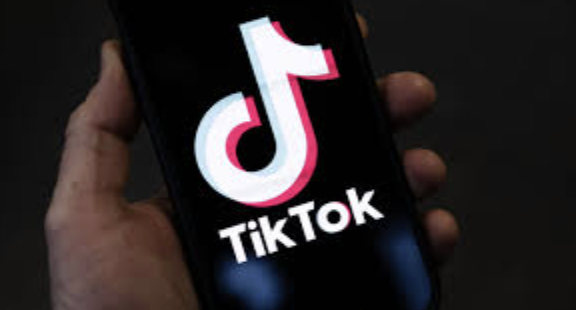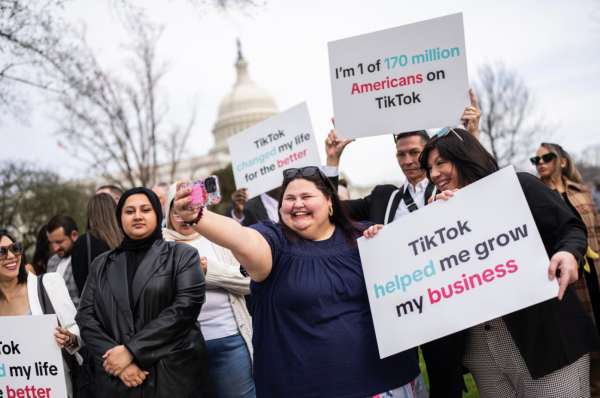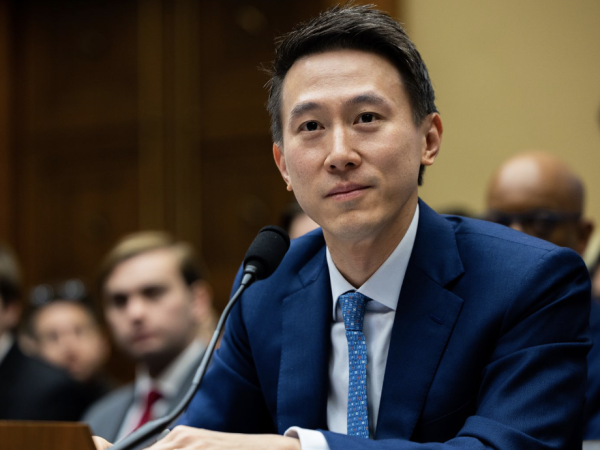TikTok has been a prominent part of society and the media since 2016 following its similarly popular predecessor, musical.ly. TikTok has gained a following of roughly 1.56 billion people worldwide, reaching the sixth most popular social media platform globally. TikTok is owned by a corporation known as ByteDance, which was established and founded by Chinese entrepreneur Zhang Yiming. The ByteDance headquarters are based in Beijing, China; this has become a subject of controversy within and beyond the courtroom. Although the parent company and founder was based in China, the official CEO of TikTok is Singaporean Shou Chew. TikTok is known for presenting everything from entertaining and hilarious short videos to politically controversial statements and language. So, the question stands, why could TikTok be banned in the United States?

For over a century, China and the United States have competed for excellence. This rivalry was pushed further during World War I, World War II, and the Civil War as world alliances and tensions grew. The U.S. is a capitalist government where the population is often represented through electors’ votes on several issues and candidacies. Unlike the United States, China represents itself as a communist society advocating class war and a society where all property is publicly owned. This differentiating factor between the two governments has caused large discrepancies as TikTok took over the United States. As mentioned previously, TikTok contains every type of video spanning from children falling down a slide to propaganda and harassment. This widespread access to various media has enabled many stereotypes and controversy as Americans have believed the Chinese government is gathering data on United States policies and issues. Concerns have also risen amongst the United States government that the Chinese government has direct access to sensitive user data through TikTok and the information TikTok gains from its user’s accounts and information. Recent progression has prompted the United States government to pass legislation banning TikTok if it fails to be sold to a government-approved buyer. The only next step was to enter the courtroom.

There have always been rumors of a TikTok ban, but as the pressing issue enters the courtroom, many believe this ban is on its way. As mentioned before, the U.S. Congress has approved a bill that forces ByteDance to either sell to an approved and acceptable buyer or get banned from the U.S. Although this sounds very simple and to the point, the situation that occurred in the courtroom was not. The U.S. government put multiple people on the stand in an effort to pry out information on whether or not China is gathering information on United States policies, issues, and citizens through TikTok. One of the members of TikTok’s board who was put on trial was TikTok CEO, Shou Chew. Harvard Business School graduate, Shou Chew was born and raised in Singapore. Unfortunately, the United States government continues to question whether Chew really had no relationship with China and even doubts his Singaporean heritage and background. The trial for TikTok’s ban has been extremely long and excruciating for both sides and the trial is still not officially over. Whether or not TikTok is going to be banned in the United States is still ongoing, but the ball is currently in ByteDance’s court as they decide whether they want to sell their app or implement the country-wide ban.

Additionally, the controversy over TikTok’s so-called ban in the U.S. has prompted citizens’ disapproval of the U.S. Congress as the person who questioned Shou Chew on trial, Tom Cotton, stereotyped and combined Singapore with China. The public took this microaggression several ways and the situation has caused confusion beyond the courtroom. TikTok’s possible banning lies solely in a history of competition between China and the United States and the theory that the Chinese government is trying to gather information and data on the United States and its policies through TikTok.


